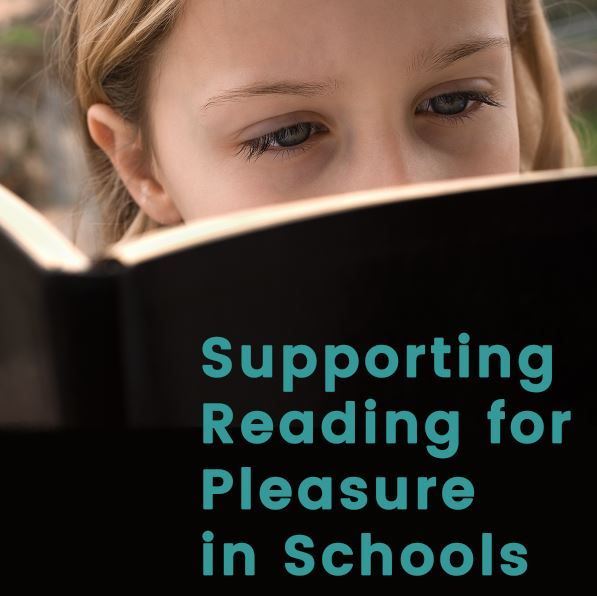research
-
Posted on: Feb 07, 2024
Developing a reading-for-pleasure culture in our school communities requires more than encouraging children to pick up a book and read right now. While this is a fantastic and worthwhile starting point, the ripple effect of nurturing avid readers who choose to read, rather than read because they are told to, goes far beyond the here and now so a whole-school approach is most likely to be successful.
Children who read for fun are more likely to be happy and successful in life. (The Reading Agency, 2023)
The benefits of reading for pleasure for children (and adults!) are widely heralded and strongly supported by extensive studies, compelling statistics, and irrefutable research...
-
Posted on: Sep 29, 2022
“Over the last two decades, there has been a deepening recognition of the fundamental importance of improving reading standards on a child’s future academic achievement, wellbeing and success in life.” (The Reading Framework DfE, 2022)
Recent government guidance highlights the importance of children ‘keeping-up’ with reading progression, rather than having to ‘catch-up’. Schools must follow a Systematic Synthetic Phonics Programme (SSP) to ensure robust plans are in place to help children quickly master the foundations of phonics and then build upon these basic mechanics of reading towards fluency.
“Yet despite our best efforts, too many children fall behind in literacy…and the gap in literacy attainment grows substantially during Key Stage 2.”
(Improving Literacy in Key Stage 2 EEF, November 2021)
In fact, in 2019 (the
-
For most families throughout the UK, mealtimes provide a rare opportunity for the whole family to get together and participate in meaningful conversation. Busy work schedules and school time can often mean that the evening meal is the only chance many of us get to spend quality time with loved ones. But did you know that dinnertime conversations can directly relate to children’s confidence in their attitude to conversation and communication skills in general? A recent study carried out by The National Literacy Trust reveals that the amount of participation children have in mealtime conversations can affect their confidence in day-to-day communication.



